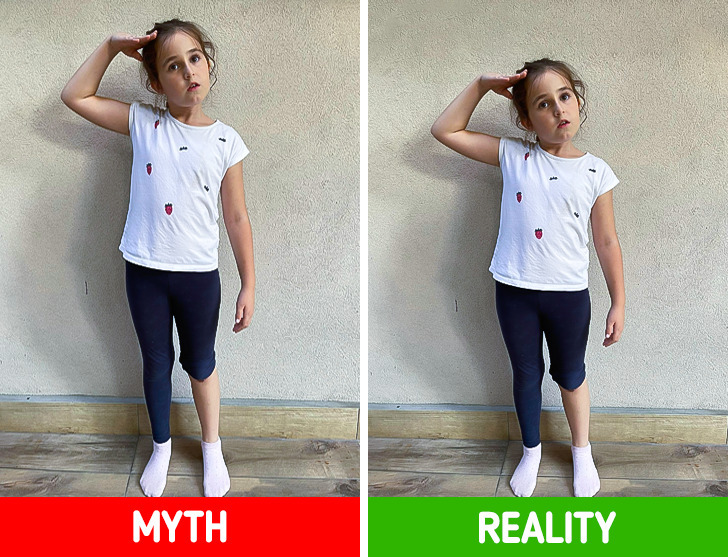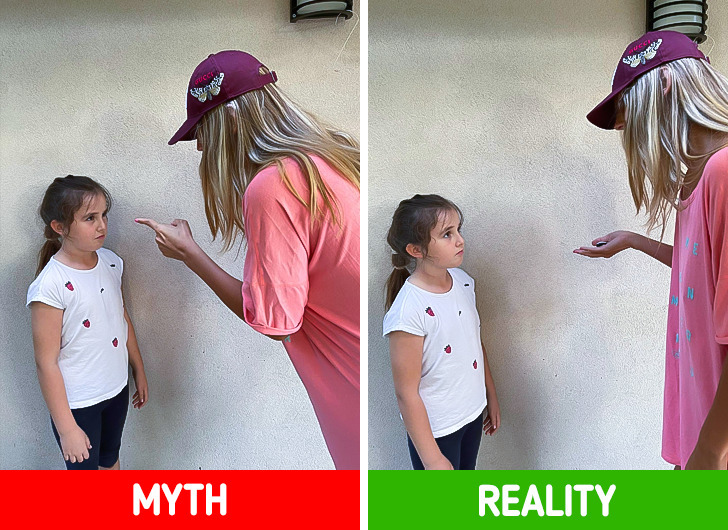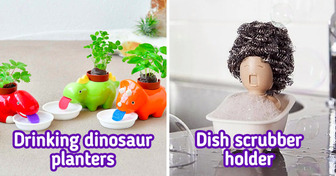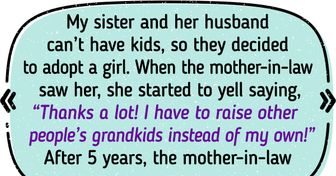An Artist Draws Hilarious Comics That We Can Easily Relate To

More often than not, parents feel the need to step in and involve themselves in their kids’ tasks and lead the way. However, experts say that too much direct involvement can make children less likely to be able to control their attention, behavior, and emotions. That’s why it may be better to let your kids handle their own tasks — this way, they can learn to self-regulate in situations and become more independent.
Here at Bright Side, we know how stressful it can be to determine what’s right and wrong while parenting, so we’re here to offer some professional advice and help you overcome this issue.

If you’ve ever watched a cartoon with your child where sugar was portrayed as the main source of hyperactivity, then you might think this is true in real life too. But according to studies, sugar doesn’t really make kids hyper, that is, for most of them. It could be the excitement for candy that they are experiencing at a birthday party that makes them hyper, not the candy itself.
It’s okay to tell your kids “no.” In fact, as long as you don’t sound aggressive or forceful, your child may feel safer if they have some limitations. This can also teach your child a variety of new skills, but try to keep in mind that the circumstance is more important than saying the word. For example, you might drag your child out of a party because they misbehaved, then let them calm down and express their irritation in their own words.
Parenting can be emotionally and physically draining, and it really requires a lot of effort and hard work to satisfy your kids’ needs. It’s very important for the parent to be healthy and stable, so they can lead their children in the right direction. In addition, your child might feel afraid and scared if you aren’t 100% steady, as you are the main person responsible for their safety and protection.
There’s no chance a parent can spoil a baby. Babies need as much attention and response from their parents as possible — this helps them emotionally, physically, and mentally grow. It’s important to hold your baby very closely for them to feel warmth, breathe appropriately, and healthily gain weight.
It can also make you and your baby bond more and understand each other. That’s why dads can also hold their baby to develop a close connection, especially since they weren’t the ones carrying the baby for 9 months.
Since a baby cannot be spoiled, and since they don’t understand what manipulation is, it might not be a good idea to let them cry for a little while. Your baby is most likely crying because they’re either hungry, lonely, or sleepy, which is their only way of letting you know. How cute!
Babies may understand manipulation after 9 months and cry their way to get what they want. Try to rock them in a rocking chair, softly pat their head, and play soft music to calm them down.

If you thought your child might grow taller if they play sports, unfortunately, it is not possible — genetics may be your only valid source in this matter. Instead, try to focus on your child’s nutrition. It might not make them taller, but it is very important for their growth and height development.
However, that doesn’t mean you shouldn’t sign your child up for sports, as they have many other benefits, such as making new friends, learning teamwork, and improving their self-esteem.

Physically punishing your child is a no-no. It can cause your child to become aggressive, antisocial, and mental health problems may arise in the long run. Spanking or slapping your child may not even work, after all.
You might be wondering how you can discipline your child, and even though it might not be easy and quick, it’s very much worth it. It’s important to build a trusting relationship and good communication with your child to resolve their tantrums. Staying calm during their breakdowns, giving them time-outs, and being consistent in this can be the best way to resolve bad behavior.
Were you surprised by some of these myths? How will you change your parenting style after reading this list?











